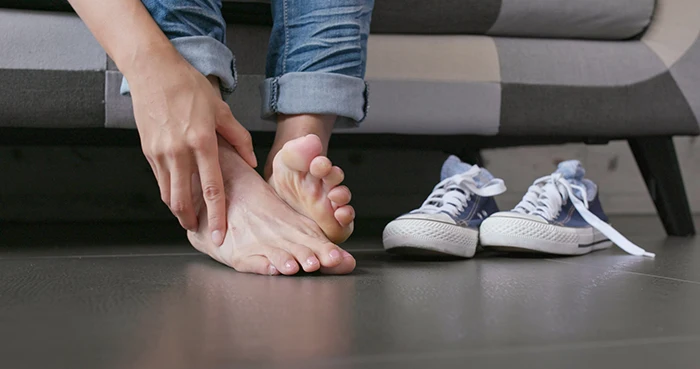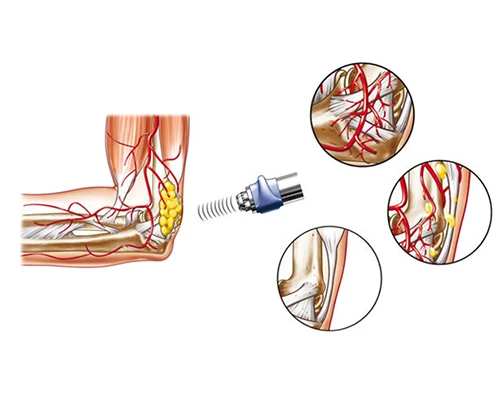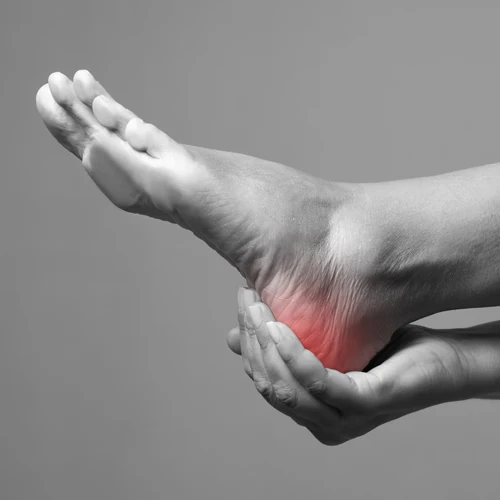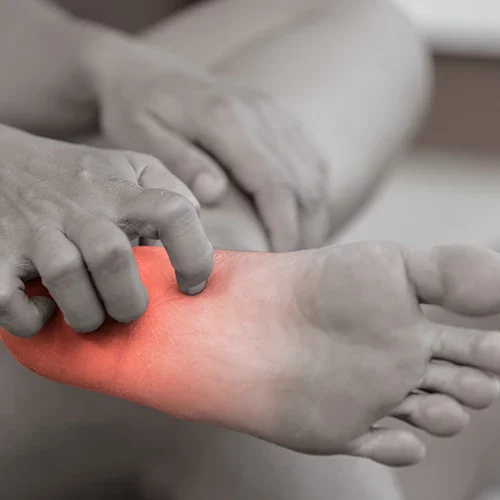
NON-SURGICAL SOLUTION FOR Plantar Fasciitis
Plantar fasciitis in Laguna Hills CA is one of the most common conditions causing heel pain. It involves inflammation of the plantar fascia, fibrous band of tissue that runs along the sole of the foot. The plantar fascia attaches to the heel bone (calcaneus) and to the base of the toes. It helps support the arch of the foot and has an important role in normal foot mechanics during walking.
Plantar Fasciitis in Laguna Hills CA
SCHEDULE APPOINTMENT
NON-SURGICAL SOLUTION FOR Plantar Fasciitis
Plantar fasciitis in Laguna Hills CA is one of the most common conditions causing heel pain. It involves inflammation of the plantar fascia, fibrous band of tissue that runs along the sole of the foot. The plantar fascia attaches to the heel bone (calcaneus) and to the base of the toes. It helps support the arch of the foot and has an important role in normal foot mechanics during walking.
Plantar Fasciitis in Laguna Hills CA
SCHEDULE APPOINTMENT
What Is Plantar Fasciitis?
Tension or stress in the plantar fascia increases when you place weight on the foot, such as prolonged standing. The tension also increases when you push off onto the ball of the foot and toes. Both motions occur during normal walking or running. With overuse or in time, the fascia loses some of its elasticity or resilience and can become irritated with routine daily activities.

DR. Marjan Khorrami, DC
Risk Factors
Even though plantar fasciitis can develop without an obvious cause, some factors can increase your risk of developing this condition. They include:
- Age: Plantar fasciitis is more common in individuals between the ages of 40 and 60.
- Physical Activity: Engaging in activities that place repetitive strain on the feet, such as running or dancing, can elevate the risk.
- Foot Structure: Having high arches, flat feet, or an abnormal walking pattern can contribute to the condition.
- Obesity: Excess weight puts added stress on the plantar fascia, increasing the likelihood of inflammation.
- Occupational Factors: Jobs that involve prolonged standing or walking on hard surfaces can heighten the risk.
- Improper Footwear: Wearing shoes with inadequate arch support or poorly cushioned soles can strain the fascia.
- Sudden Increase in Activity: Rapidly intensifying physical activity levels can strain the fascia and lead to irritation.
- Tight Calf Muscles: Limited flexibility in the calf muscles can increase strain on the plantar fascia.
- Certain Diseases: Conditions like rheumatoid arthritis and diabetes can raise the risk of developing plantar fasciitis
- Gender: Women are slightly more susceptible to plantar fasciitis compared to men.
SCHEDULE APPOINTMENT
SCHEDULE APPOINTMENT
SCHEDULE APPOINTMENT
SCHEDULE APPOINTMENT



